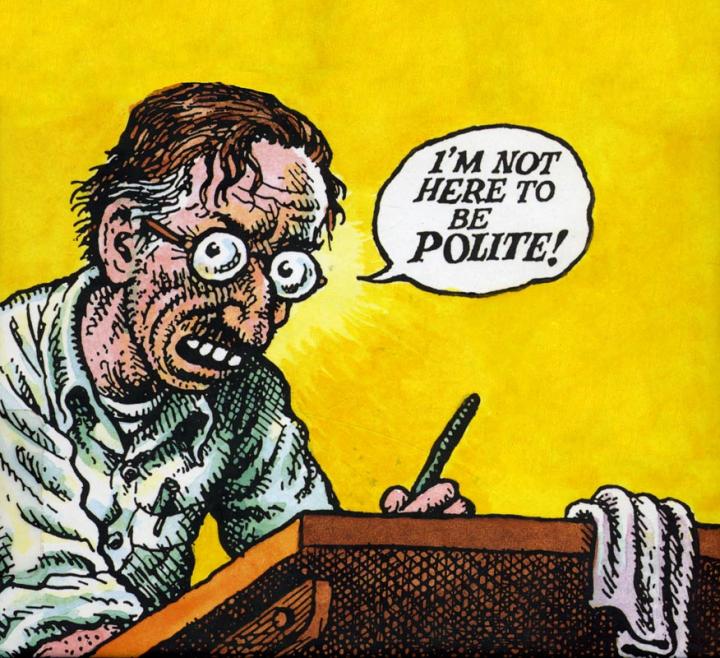
One of the distinct advantages of using donkeys as guard animals is that they can eat the same feed as the sheep, unless the hay is an extremely high protein legume. Lush pasture or high quality legume hay are not recommended because donkeys have a low energy requirement and are prone to obesity and certain metabolic disorders such as laminitis (founder) and hyperlipaemia if allowed to feed free choice. Donkeys do well on good quality grass hay and in most cases will require very little grain. If grain is fed, ensure the donkeys do not eat cattle or lamb rations containing rumensin as ingestion of monensin (active ingredient) by horses and other equine has been fatal.
The amount of hay and grain fed will depend to a large extent on the size and body condition of the donkey. As a rule of thumb the total dry matter intake (hay and grain) for maintenance should be about 2.0% of body weight. For a 600 lb. (272 kg) donkey the daily total dry matter intake should be about 12 lb. (5.5 kg) on a dry matter basis or about 13.3 lb. (4.9 kg) on an as-fed basis This is about 1/3 of bale per day. Based on having 185 days of pasture and 180 days of hay, it would cost about $90/year ($0.50/day) to feed hay at $1.50/bale.
When graining the sheep it may be advisable to either feed the donkey separately or at least gives the donkey its grain in a separate tub. Otherwise the bigger more dominant donkey may prevent the sheep access to the feeder or even butt the sheep potentially causing injuries.
Donkeys should have their feet trimmed every 3 - 4 months which will cost about $75 - $100/year. Proper care of the donkey's feet is important if the donkey is expected to effectively chase predators away.